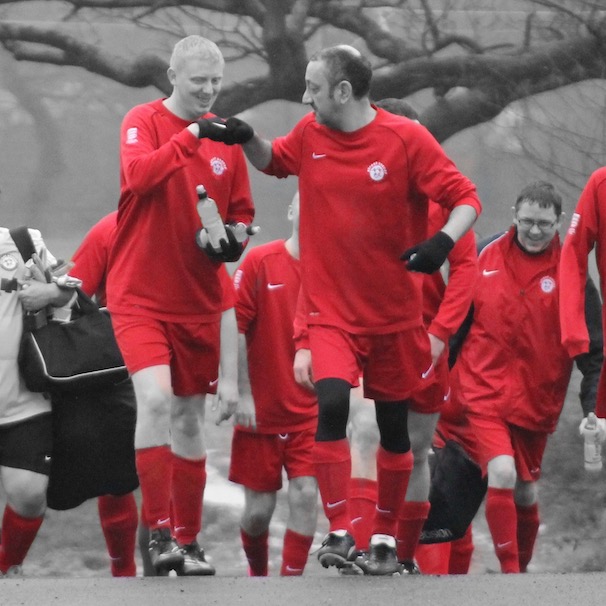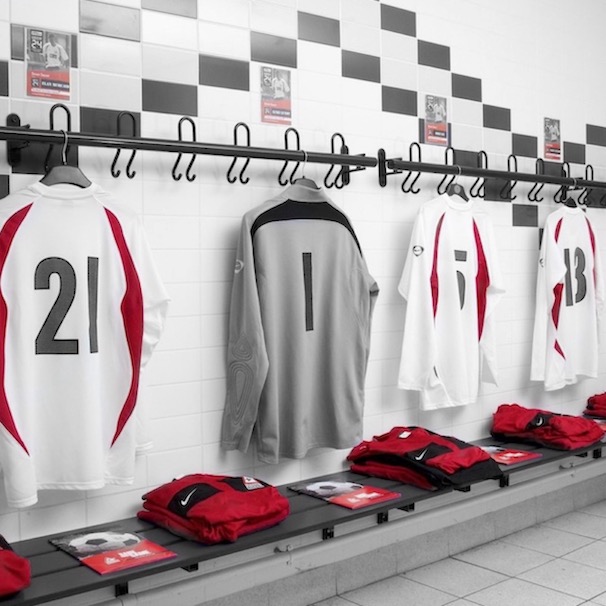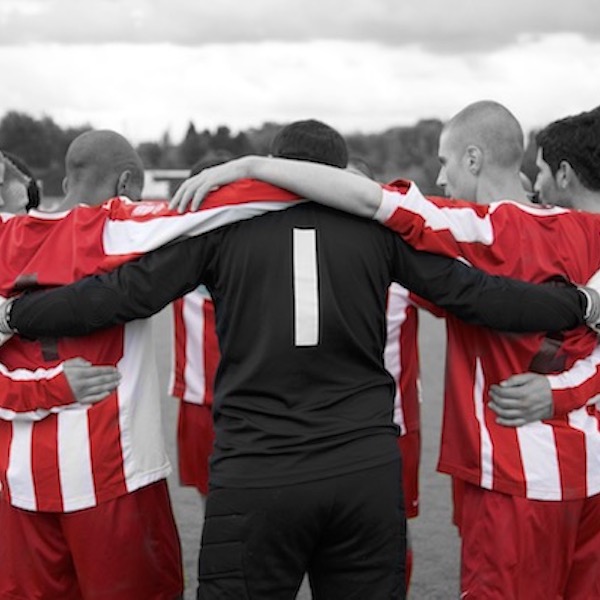Being Empowered to Respond
We recently held a staff meeting at our headquarters in Bolton where many of our staff, regional managers, coach educators and volunteers met together before the Christmas period beginning. We always prioritise meeting as a group before Christmas as we acknowledge that for many of the people we are privileged to work with, this can be the most difficult, trying and painful time of year.
We spent our time discussing a strategy to prevent individuals becoming isolated and disconnected from people during this period, firmly believing that prevention is better than cure when it comes to people’s wellbeing. When emergencies arise we do of course respond and intervene but where possible we prevent the emergencies happening in the first place with forethought.
During our meeting, we talked about a simple but effective process through which we can consider the wellbeing of our service users to gauge where they may be up to psychologically. Many people are good at wearing ‘masks’ and hide how they are truly feeling behind such masks which makes it all the more important that we can pick up on signs and symptoms that all may not be as it seems.
The practice that we readily use at Street Soccer Academy is laid out below as a three-phased approach:
1. Discern
You may have a sense that all is not quite right with someone. Maybe a service user has become withdrawn or has become more quiet than usual. He may be behaving out of character, in a manner that is unlike him.
Asking a service user a question such as “How are you?” can be very revealing. He may immediately open up and share how he is truly feeling or more likely, he may offer a response suggesting everything is okay but you are not convinced.
Following up the question when appropriate or asking it again, can provide you with further insight and opportunity to support someone who wishes to reach out for help but doesn’t know how to or isn’t comfortable doing so. One thing that is for sure though is that he needs to.
2. Listen
Once someone takes the opportunity to open up and share how he or she is feeling make sure you listen. There’s a big difference between hearing and listening. Listening is an active skill, which takes effort and focus but hearing is something that you can’t help but do.
Convincing a service user that you are truly listening is crucial for him to choose to be open and honest. Allow him to talk and don’t jump in prematurely. When appropriate try summarizing what he has said to check you have a correct understanding of what he has explained. Take your time and ensure you have given him as long as he needs or wants to talk about his situation, circumstances and feelings.
3. Respond
Many service users have become isolated in society and simply want someone to talk to. Offering a listening ear and providing some emotional support can often be the main thing that he needs. For someone else, however, the situation can be more serious and they may need signposting to a particular agency or support group.
Ensure that you are empowered with local knowledge of what support is available for people about their physical and mental health.
A Greater Manchester-based charity that we recently became aware of and I had the privilege of visiting is Self Help. Self Help is a user-led mental health charity, providing services across the North West. They are passionate about people having a choice when it comes to mental health. One of the services that they run is called ‘The Sanctuary’, which provides a place of safety and support, in a non-clinical environment, where you can speak with trained Self-Help staff who have experience of living with a mental health difficulty. Individuals can access support tailored to their individual needs.
Experienced staff and volunteers with personal experience of mental health issues provide a range of support including managing panic attacks, offering a space to talk and assistance with coping after the initial crisis. The service provides high quality, non-clinical support in a non-stigmatising manner.
The Sanctuary operates 24 hours a day, 7 days a week and you can contact them on 0300 003 7029. The Sanctuary also offers face-to-face overnight care and support for those who are facing a crisis. This provides an alternative to A&E during overnight hours providing a loving, caring, warm and understanding reception for people who can then begin to explore the best form of support for themselves.
I can’t recommend Self Help and specifically The Sanctuary enough. When it comes to educating yourself in provision and services available for people experiencing mental health challenges the above telephone number needs to be in everyone’s address book. Please have a look at their website (www.selfhelpservices.org.uk) to learn more about their amazing work.



